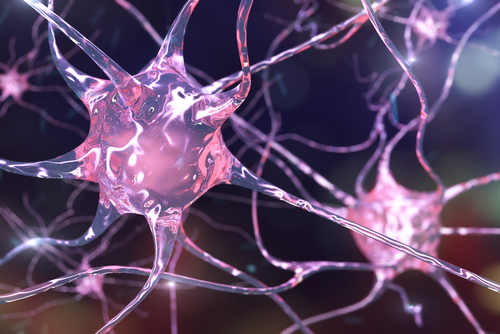N-acetylcysteine Helps Ease Motor, Cognitive Problems in PD, Study Reports

Treatment with the naturally occurring antioxidant N-acetylcysteine (NAC) along with standard Parkinson’s therapies improved patients’ motor and mental abilities, possibly by restoring the function of dopamine-producing nerve cells, according to new research.
The study, “N-Acetyl Cysteine Is Associated With Dopaminergic Improvement in Parkinson’s Disease,” appeared in the journal Clinical Pharmacology & Therapeutics.
The progressive loss of dopamine-producing neurons and reduction in the brain levels of this neurotransmitter are well-known hallmarks of Parkinson’s. This degeneration is likely due to oxidative stress, an imbalance between the production and clearance of toxic free radicals called reactive oxygen species, which results in cellular damage.
Oxidative stress reduces the levels of glutathione, an antioxidant that prolongs cell viability. Also, the amount of this molecule in brain areas using dopamine — such as the substantia nigra, which is affected in Parkinson’s — is low, suggesting a reduced ability to defend against oxidative damage.
In a pilot study, a team at Thomas Jefferson University (TJU) in Pennsylvania had shown that three-month treatment with NAC — a precursor of glutathione, taken as an oral supplement and via intravenous (IV) delivery to prevent liver damage — may improve dopamine transporter (DAT) binding in people with Parkinson’s. Previous research had also shown that NAC may boost glutathione levels in platelets and lower the amounts of reactive oxygen species.
Aiming to extend these findings, the scientists tracked dopamine re-uptake into neurons using an imaging technique called SPECT coupled with a molecule called DaTscan, which enables visualization of dopamine transporter molecules. DaTscan had previously been used to link DAT binding with Parkinson’s disease severity.
Specifically, changes in nerve cell function were assessed in the caudate and the putamen, two important brain areas involved in motor control and with decreased DAT activity in Parkinson’s patients.
The study (NCT02445651) included 42 Parkinson’s patients, all able to continue standard-of-care treatment regimens. A group of 28 participants — 14 men and 14 women; mean age 62.4 years and mean disease duration 4.3 years — also received NAC for three months by two routes to help ensure consistent dosing: IV infusion (50mg/kg once per week) and orally (500 mg twice a day) between infusions.
At baseline, patients not taking the mainstay Parkinson’s medication levodopa had higher DAT binding levels. Also, having higher (worse) Unified Parkinson’s Disease Rating Scale (UPDRS) scores — a measure of cognitive and motor function — and longer disease duration were associated with lower DAT binding. UPDRS scores were higher with older age and were elevated in women compared to men.
Importantly, the results showed that adding NAC to the current treatment program led to 3.4–8.3% increases in DAT binding in both caudate and putamen. Also, the team found nearly 14% improvement in UPDRS scores, with similar changes in motor and non-motor components.
The results further showed that treatment with NAC improved serotonin transporter binding, recently suggested as a way to assess early changes in Parkinson’s.
“The results suggest NAC may positively affect the dopaminergic system in patients with PD, with corresponding positive clinical effects,” the researchers stated. “Larger-scale studies are warranted.”
Daniel Monti, MD, the study’s lead author, said in a press release that the study “is an important step in understanding how N-acetylcysteine might work as a potentially new avenue for managing Parkinson’s patients.” Monti, director of the Marcus Institute of Integrative Health at TJU, added that “NAC appears to enable dopamine neurons to recover some of their function.”
Andrew Newberg, MD, the study’s senior author and director of research at TJU’s Department of Integrative Medicine and Nutritional Sciences, said: “This is an exciting study that suggests a natural molecule such as NAC can help improve dopamine function and symptoms in Parkinson’s patients.”






